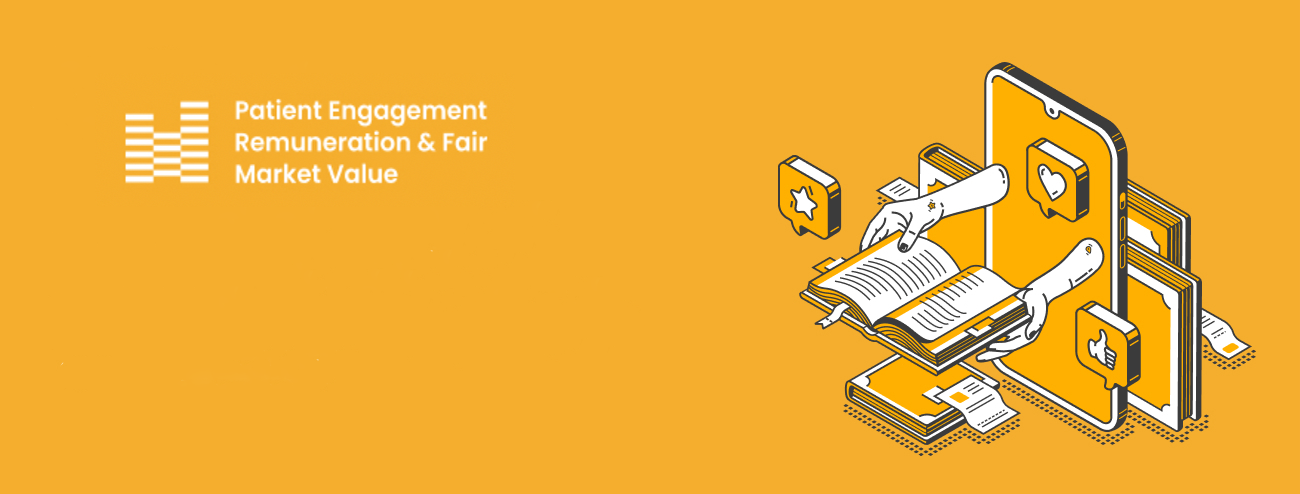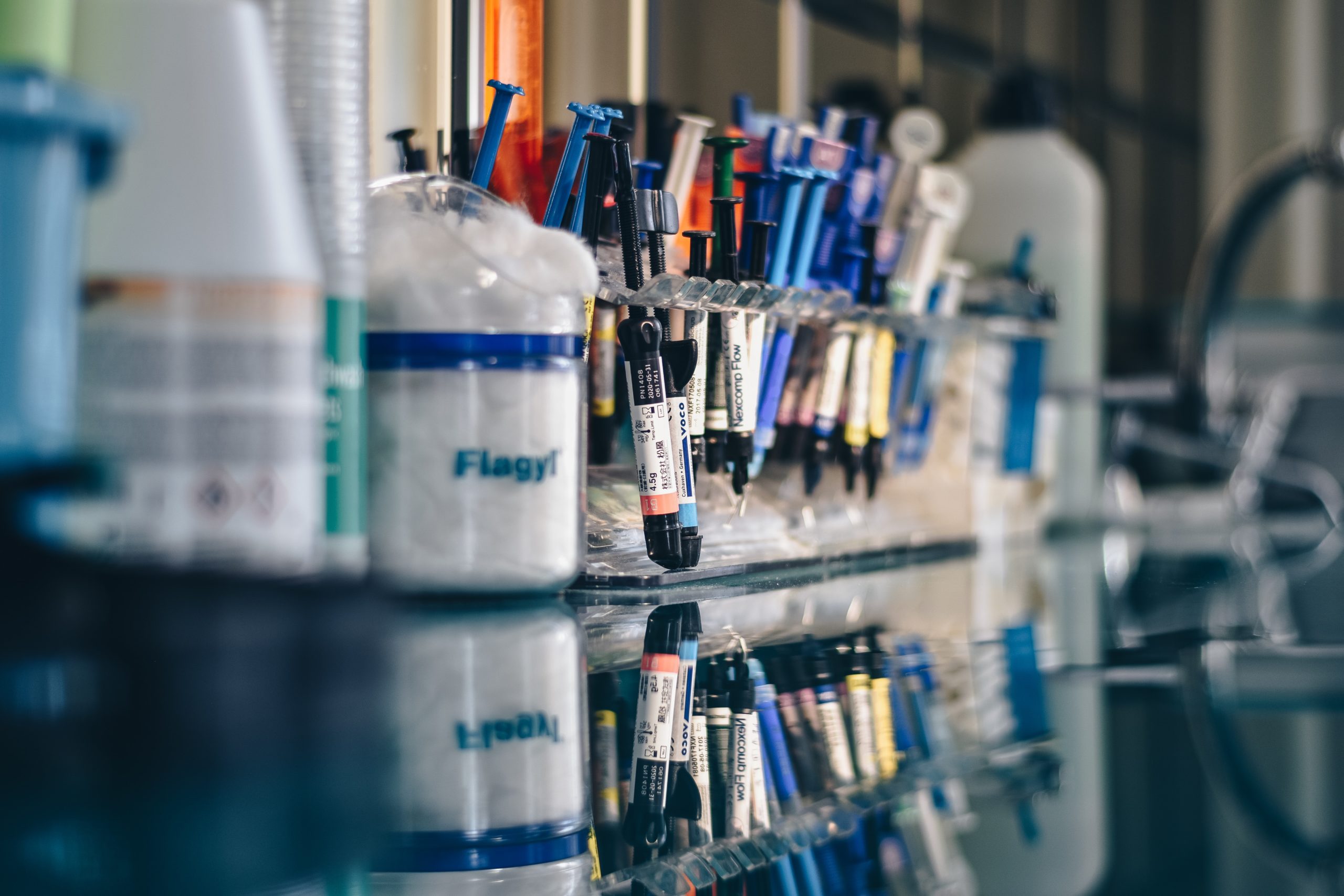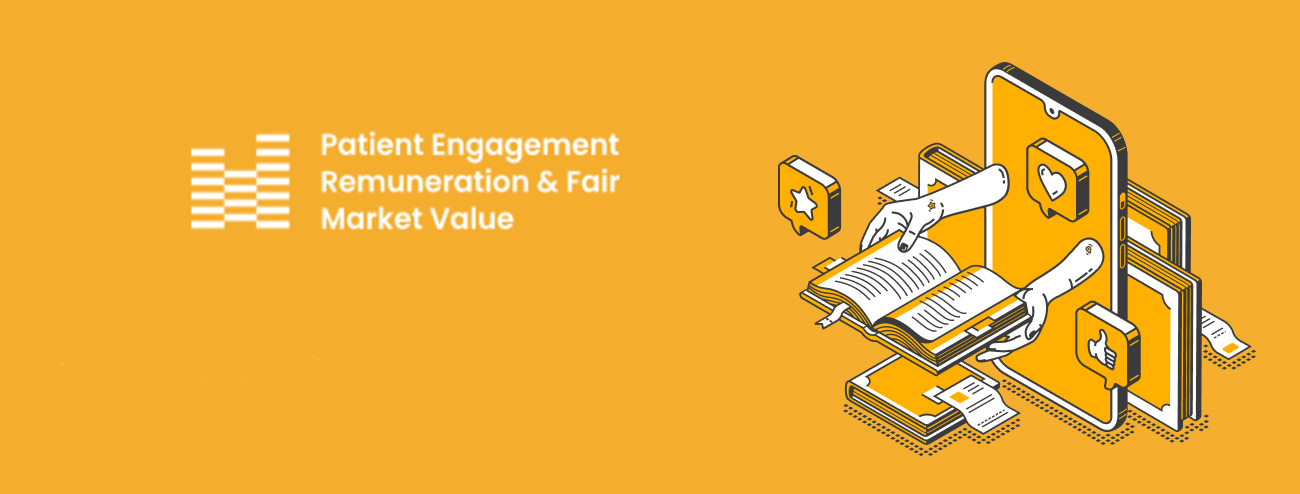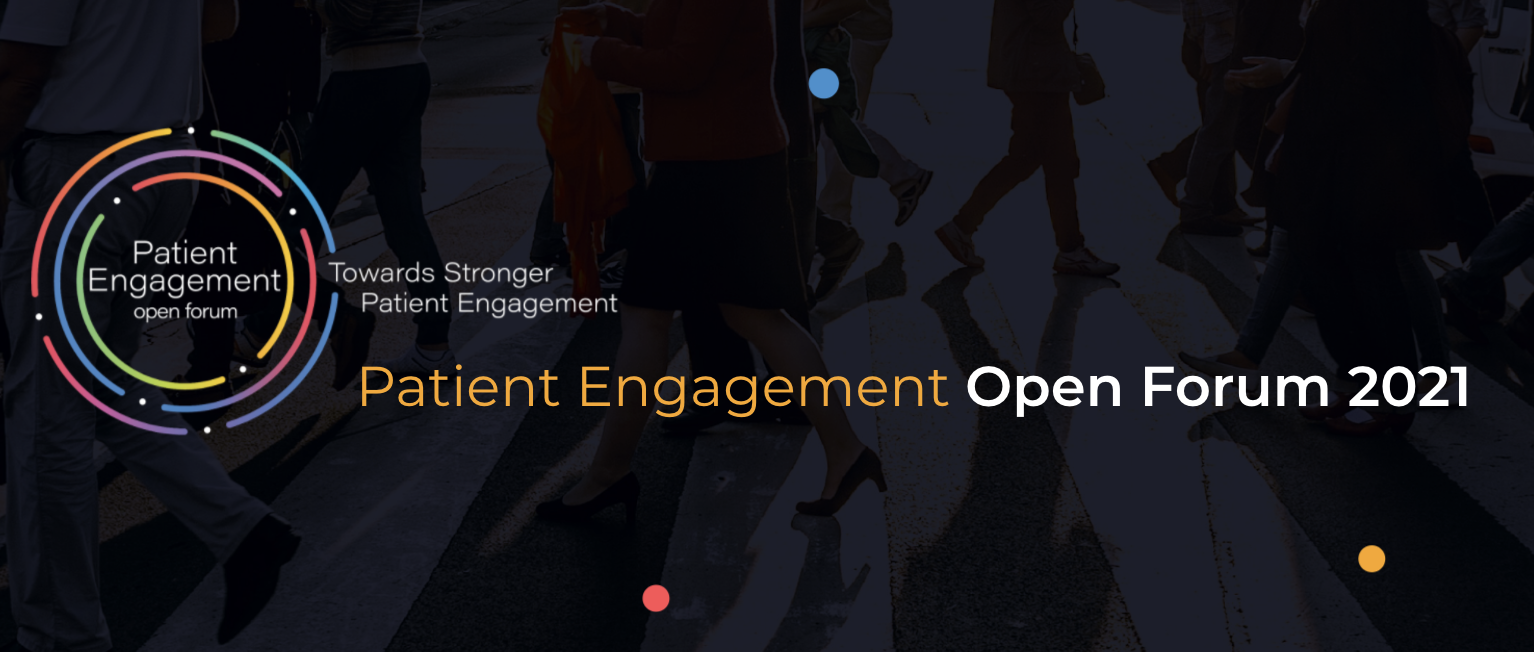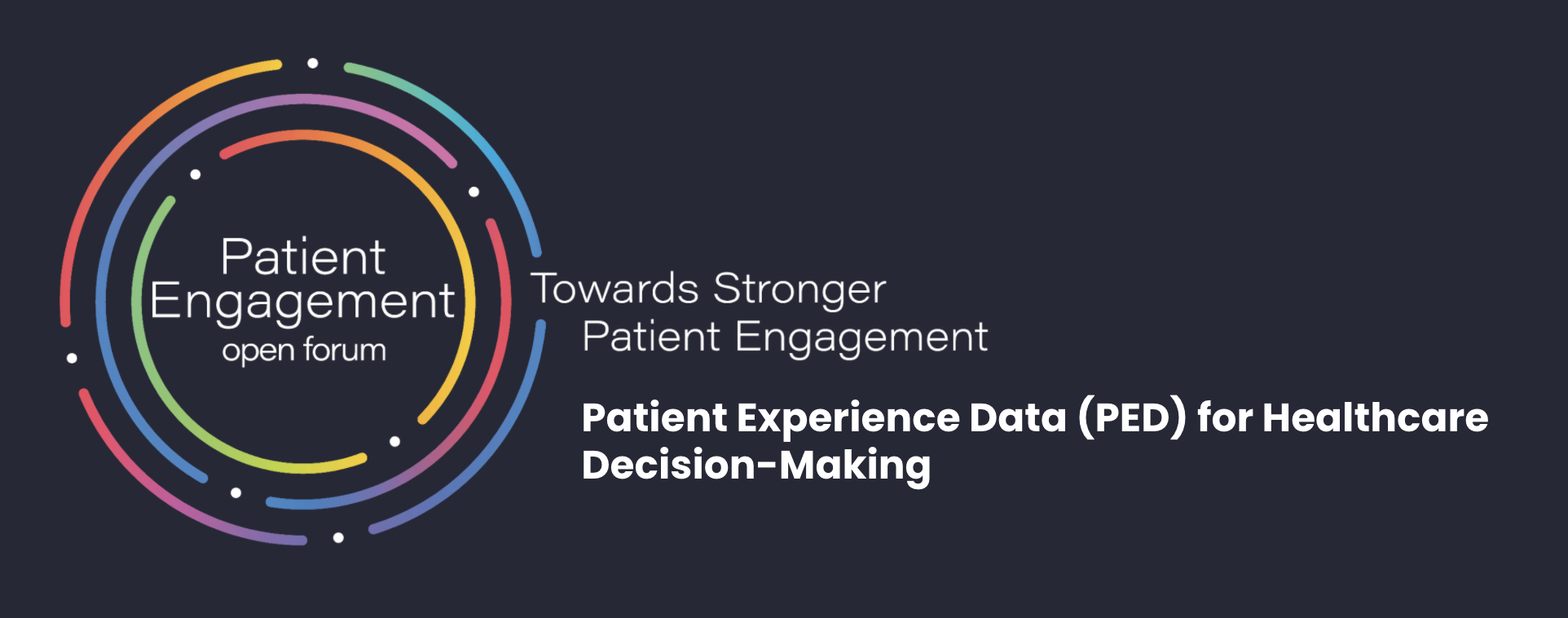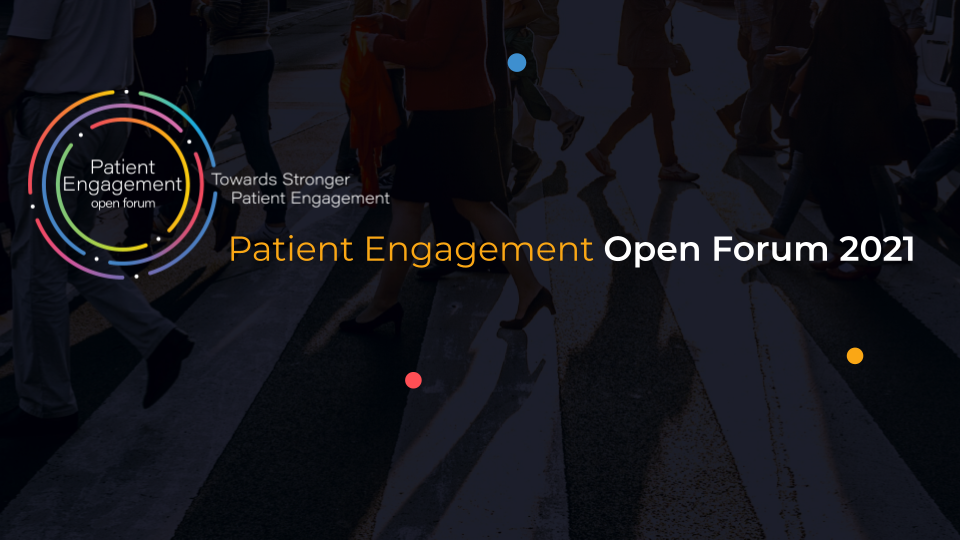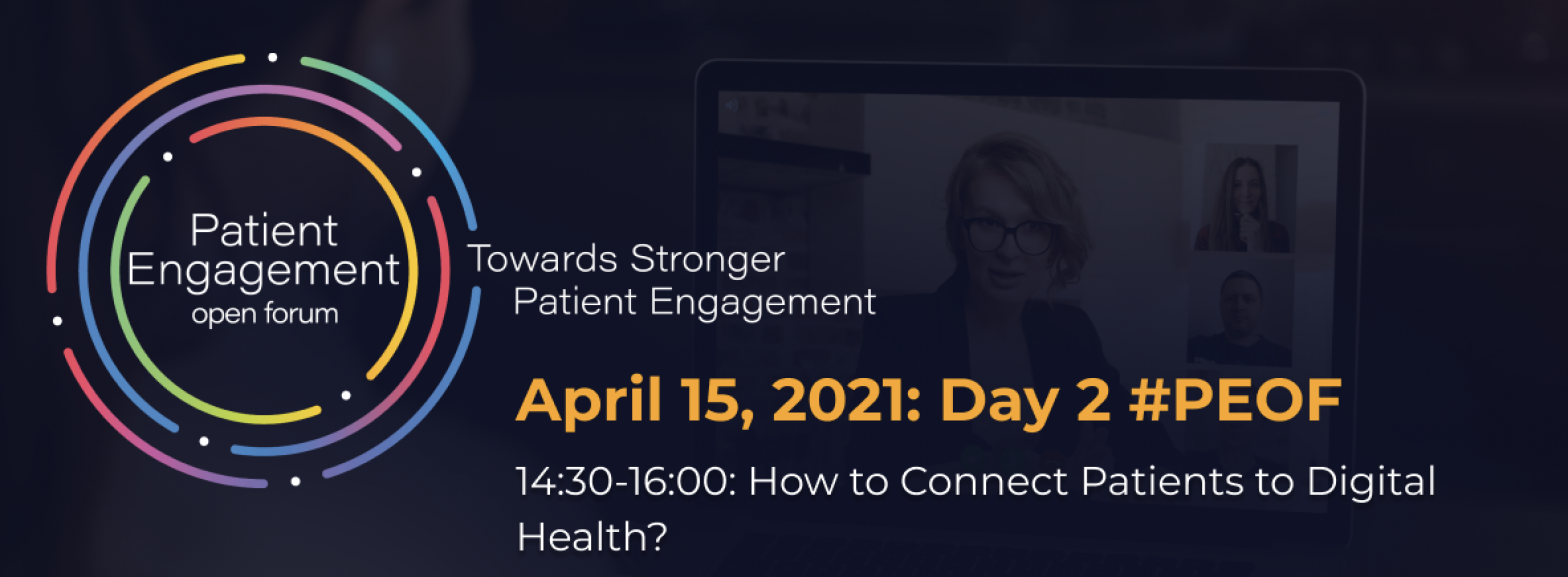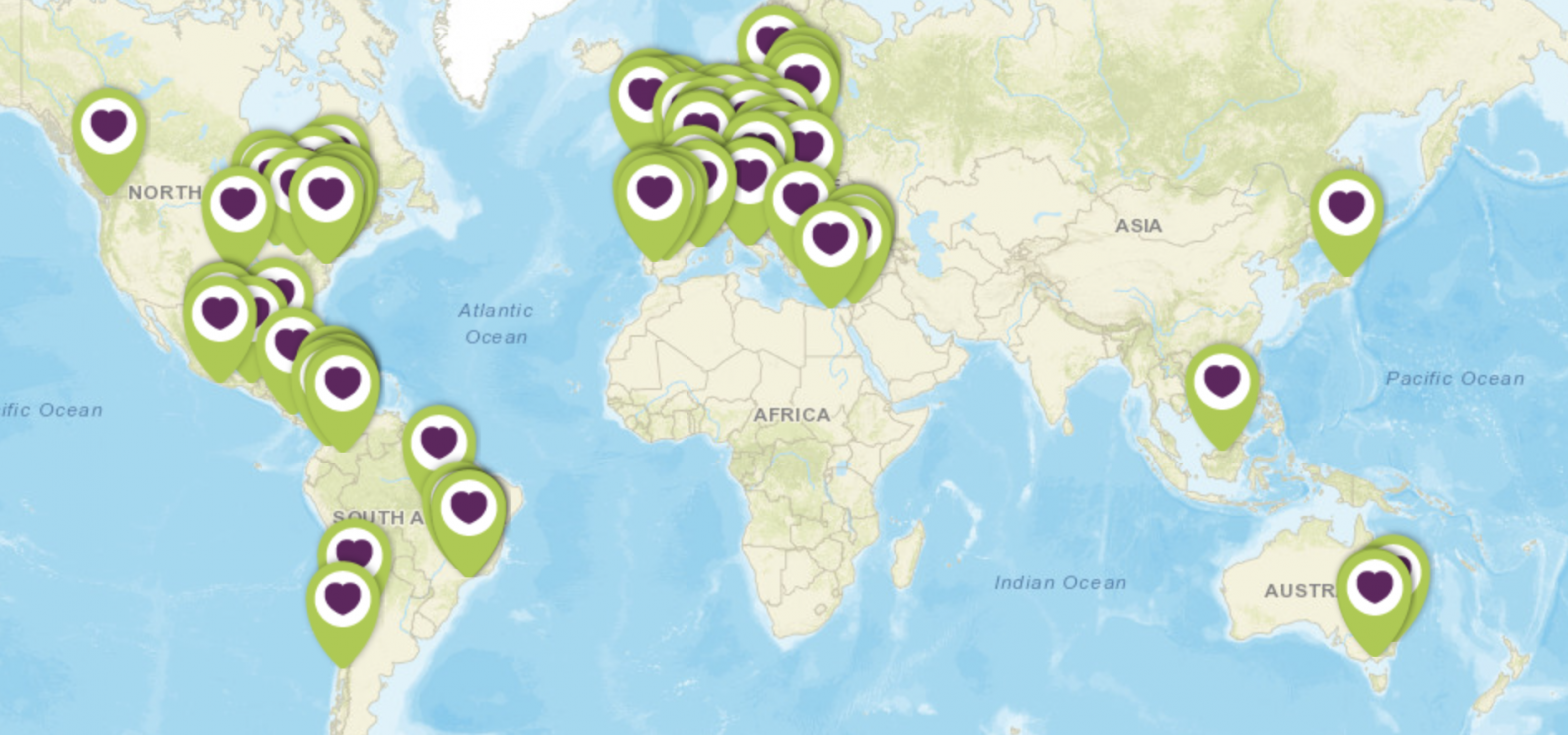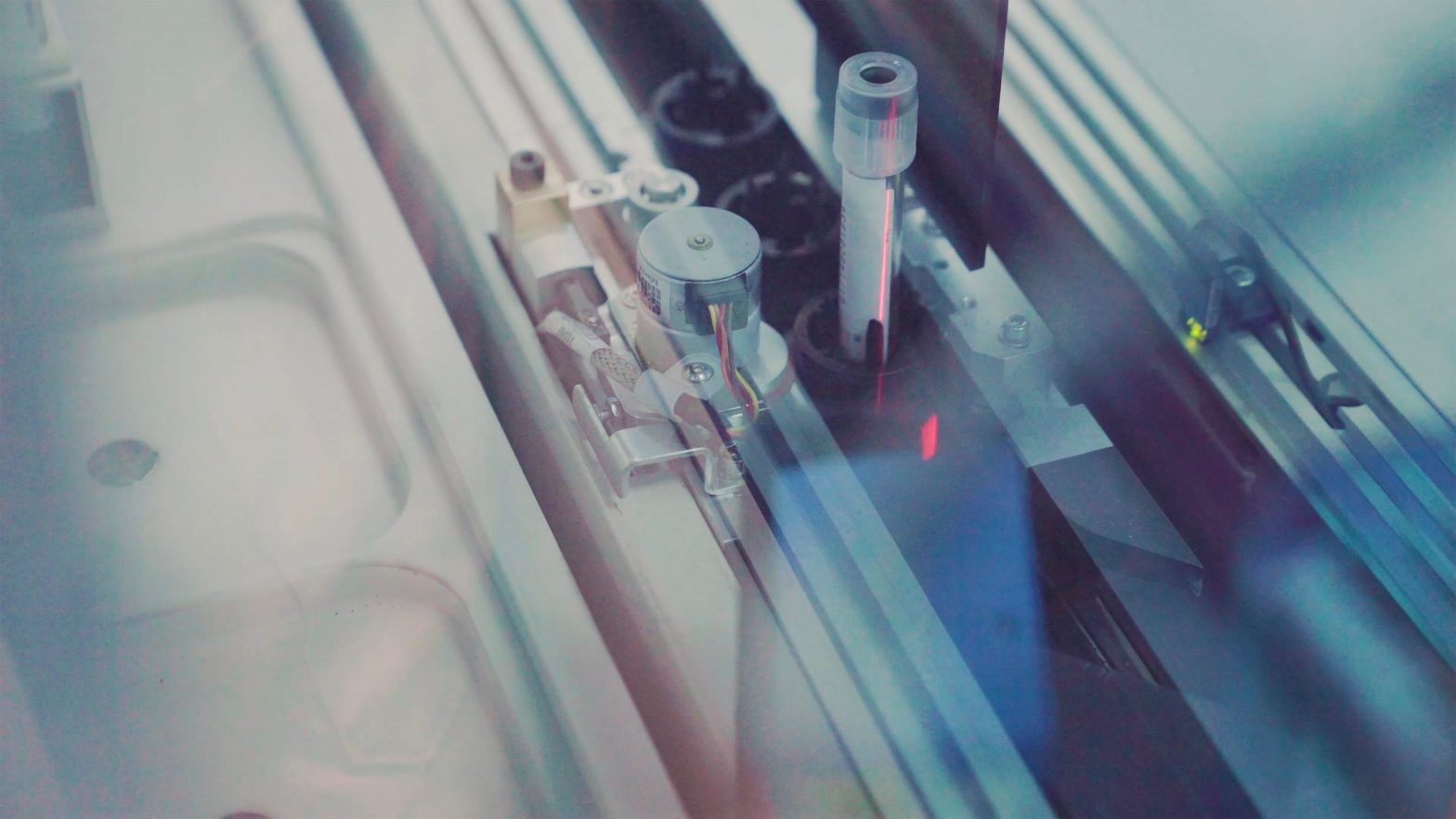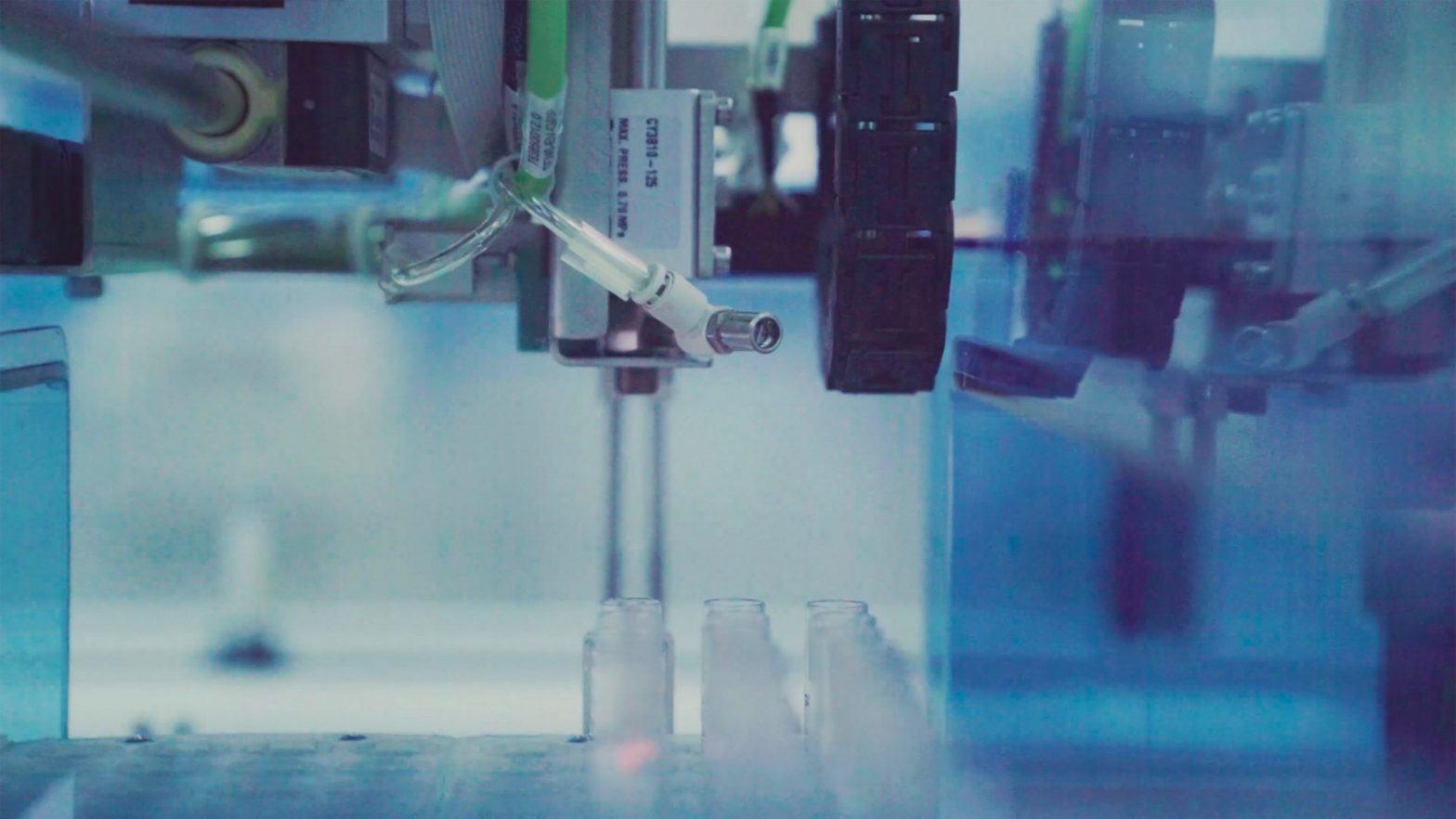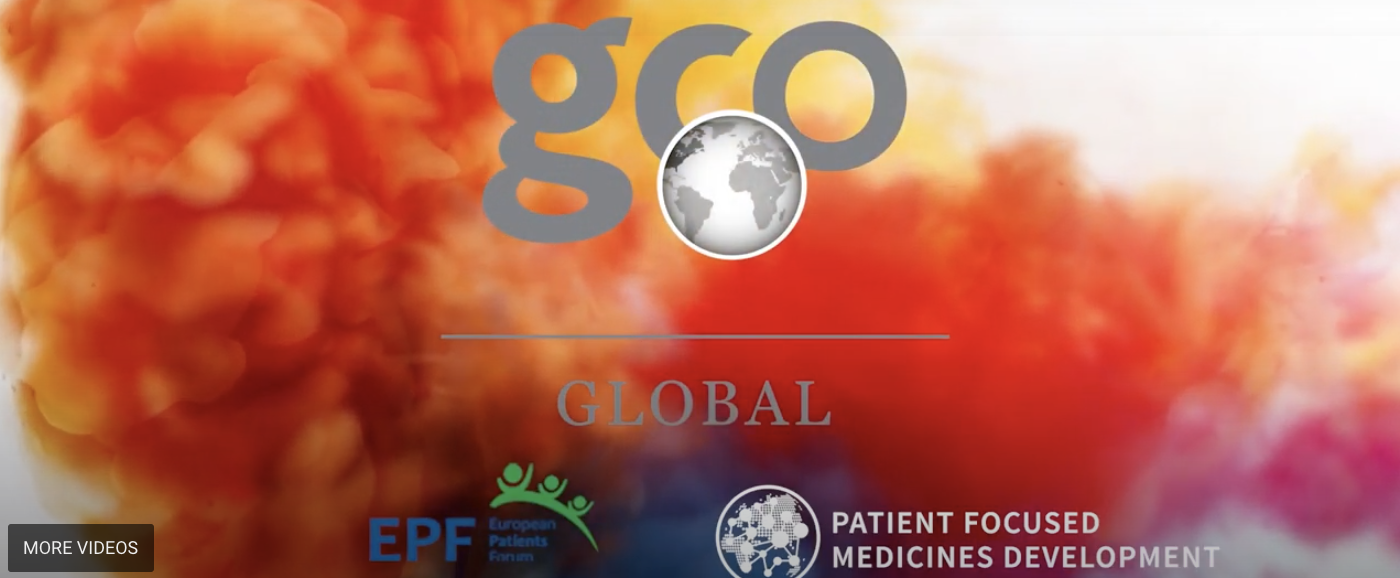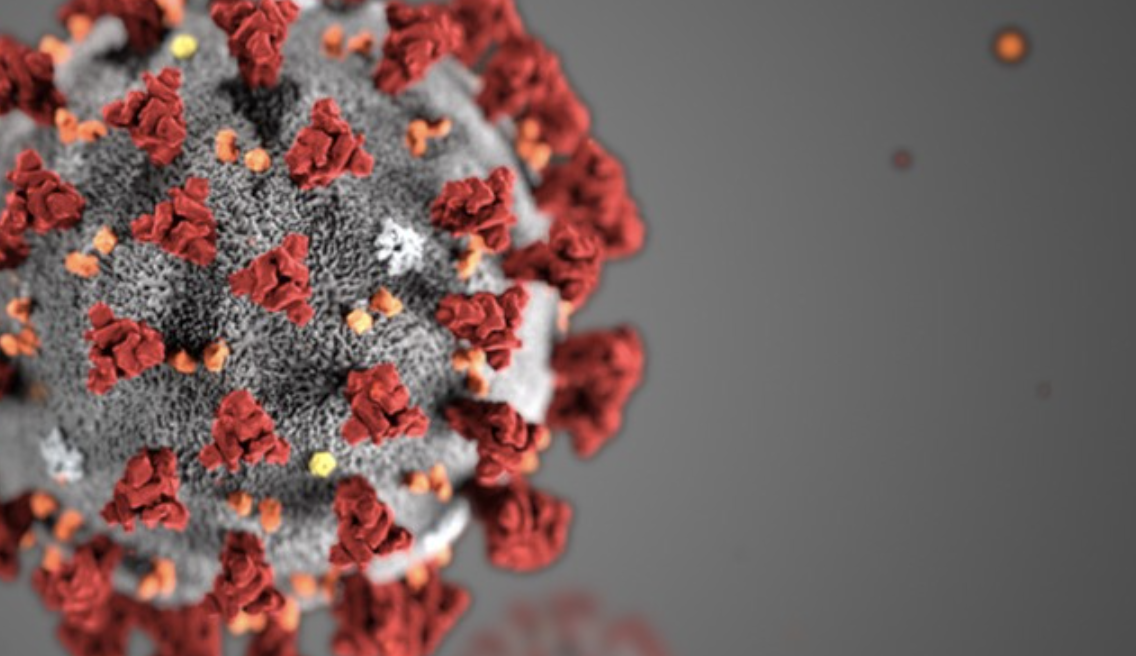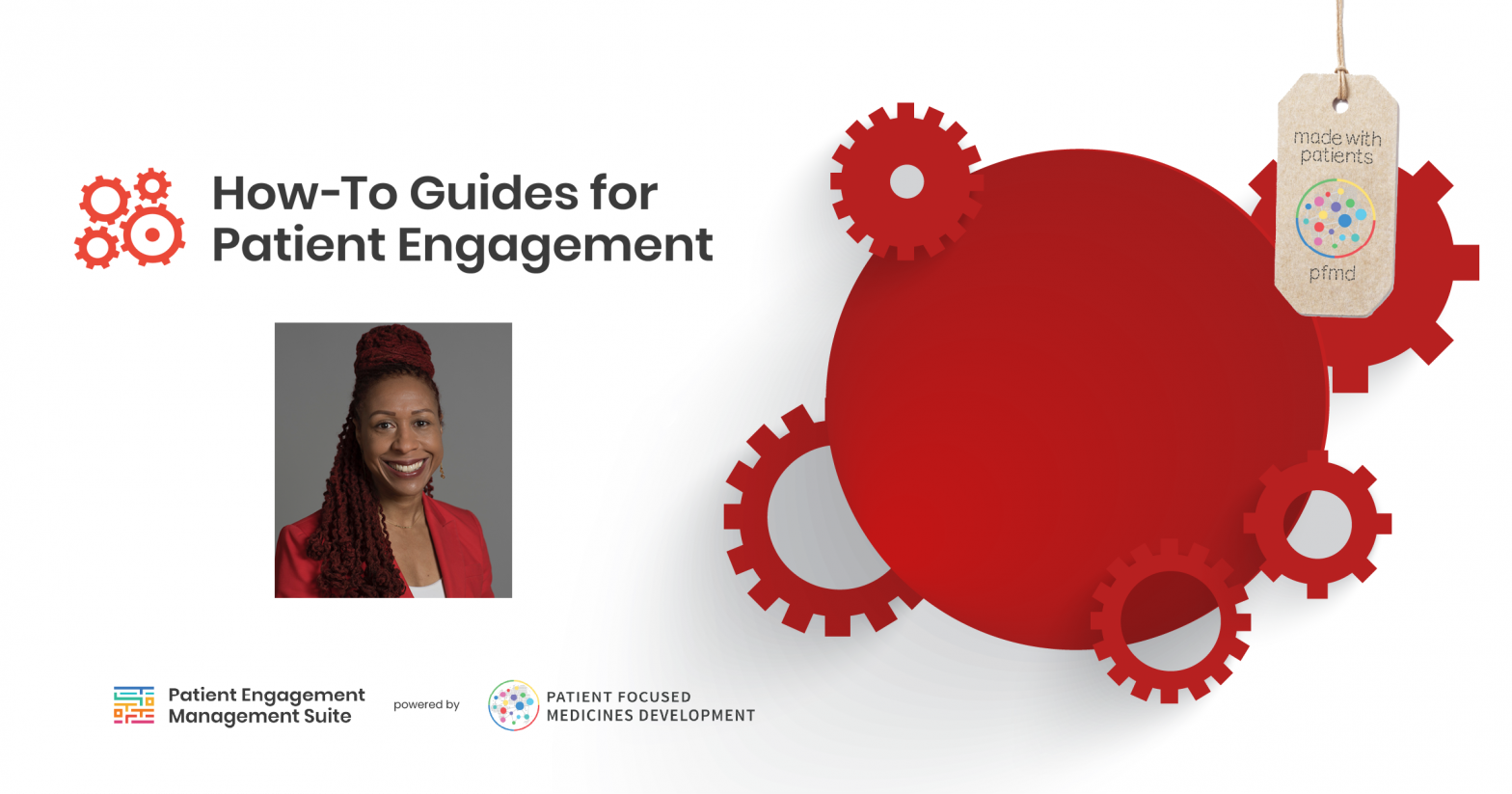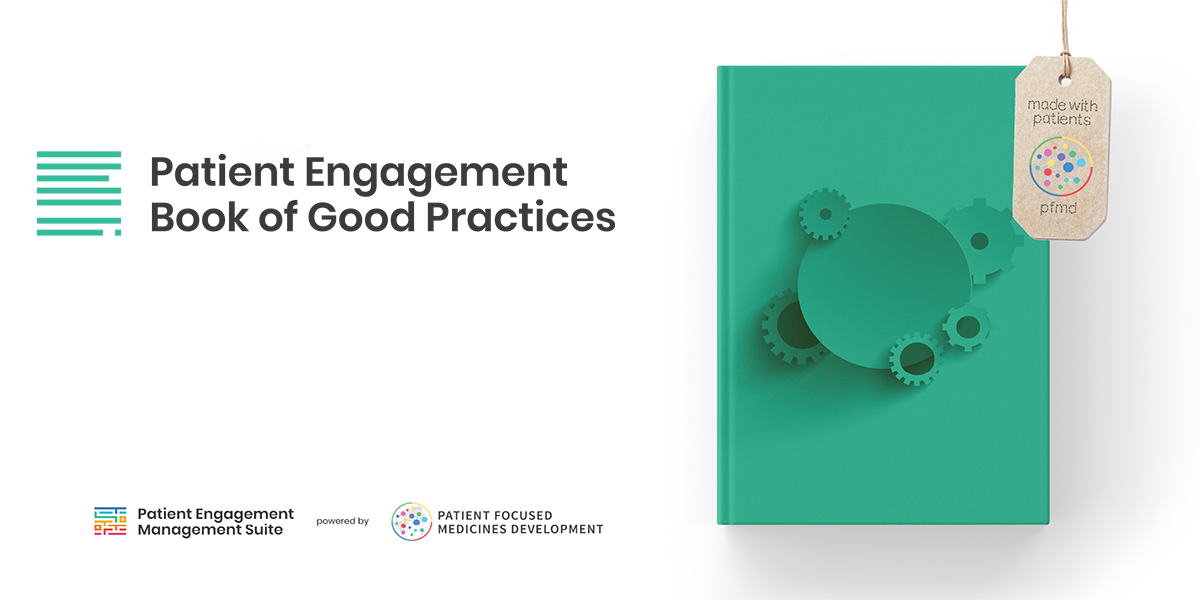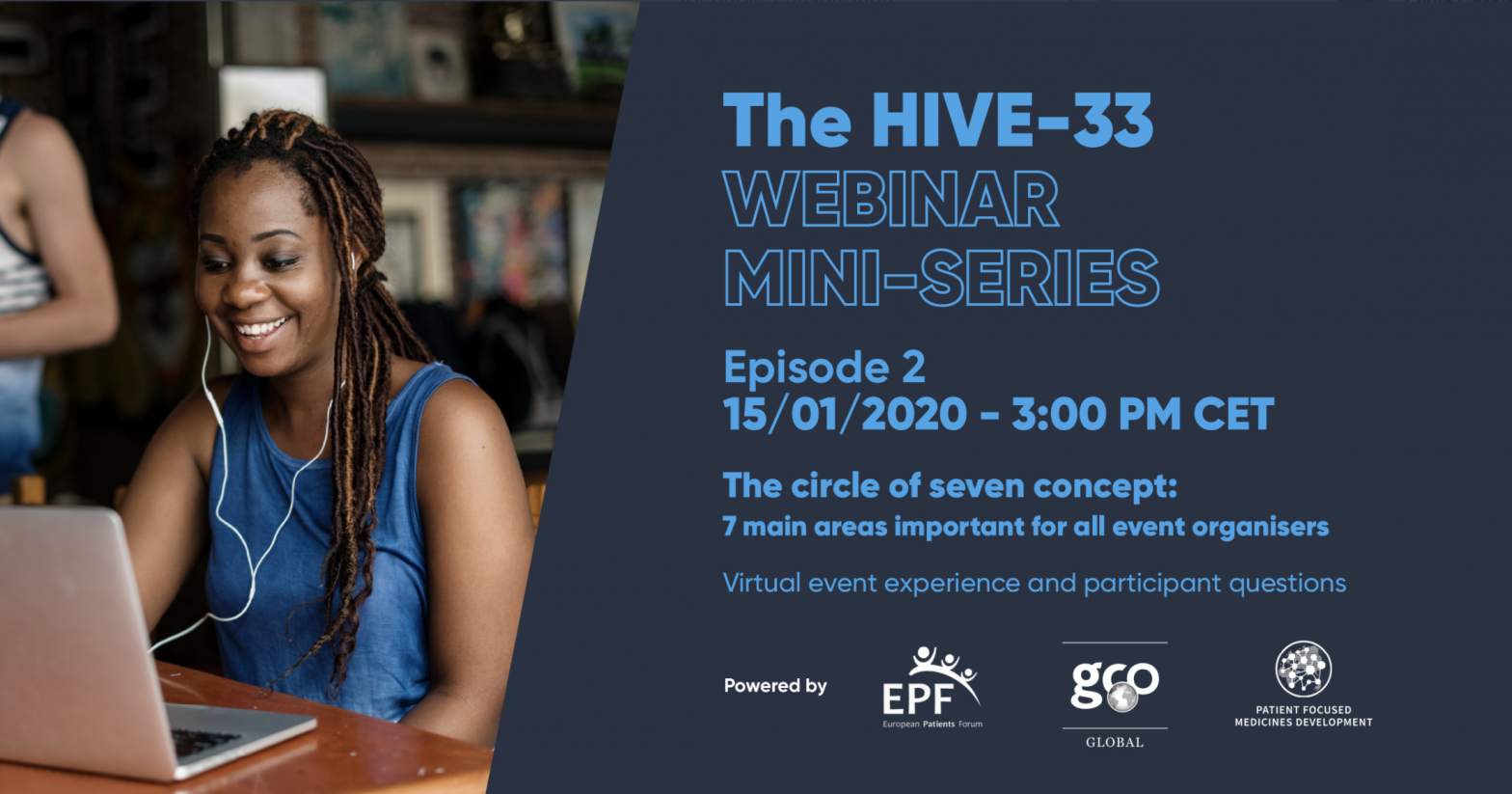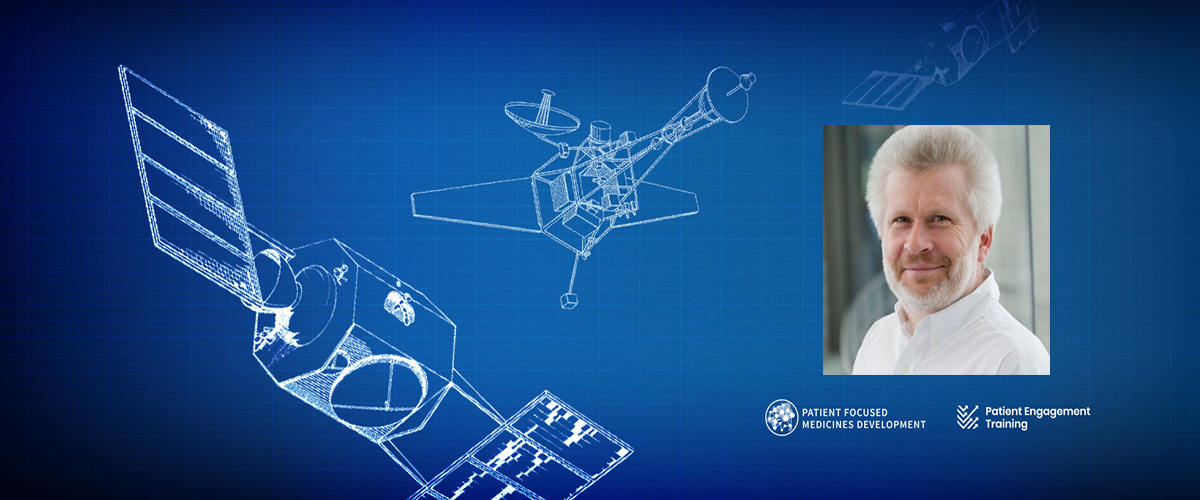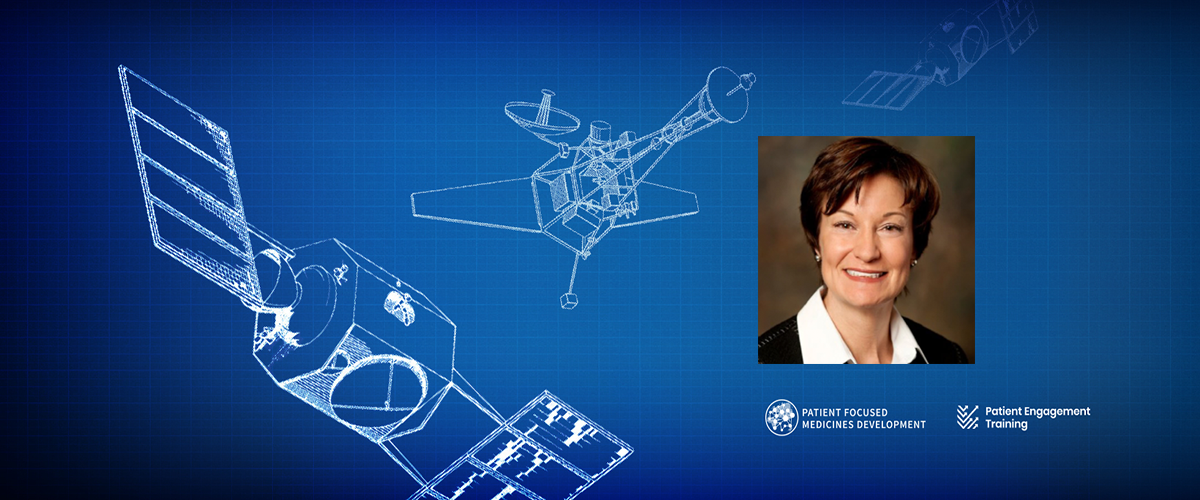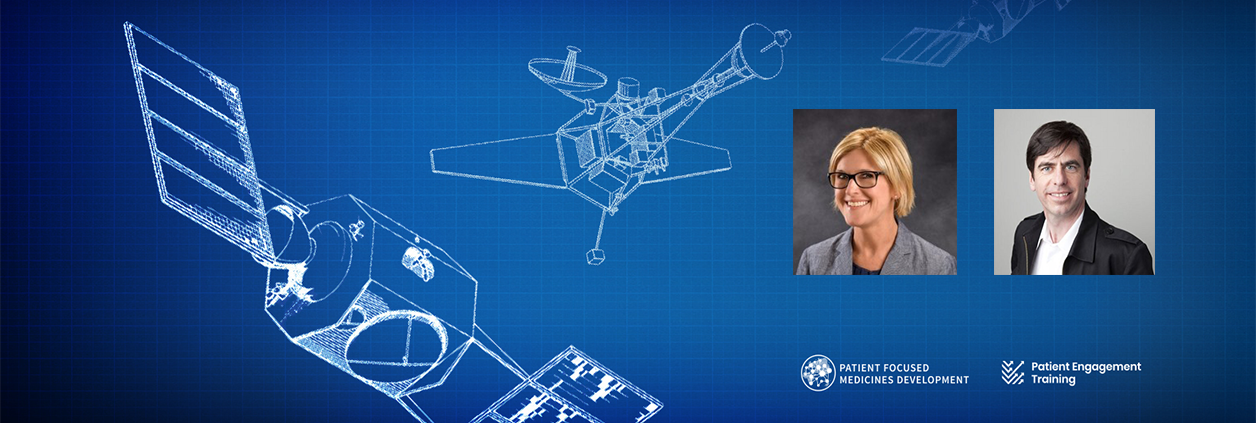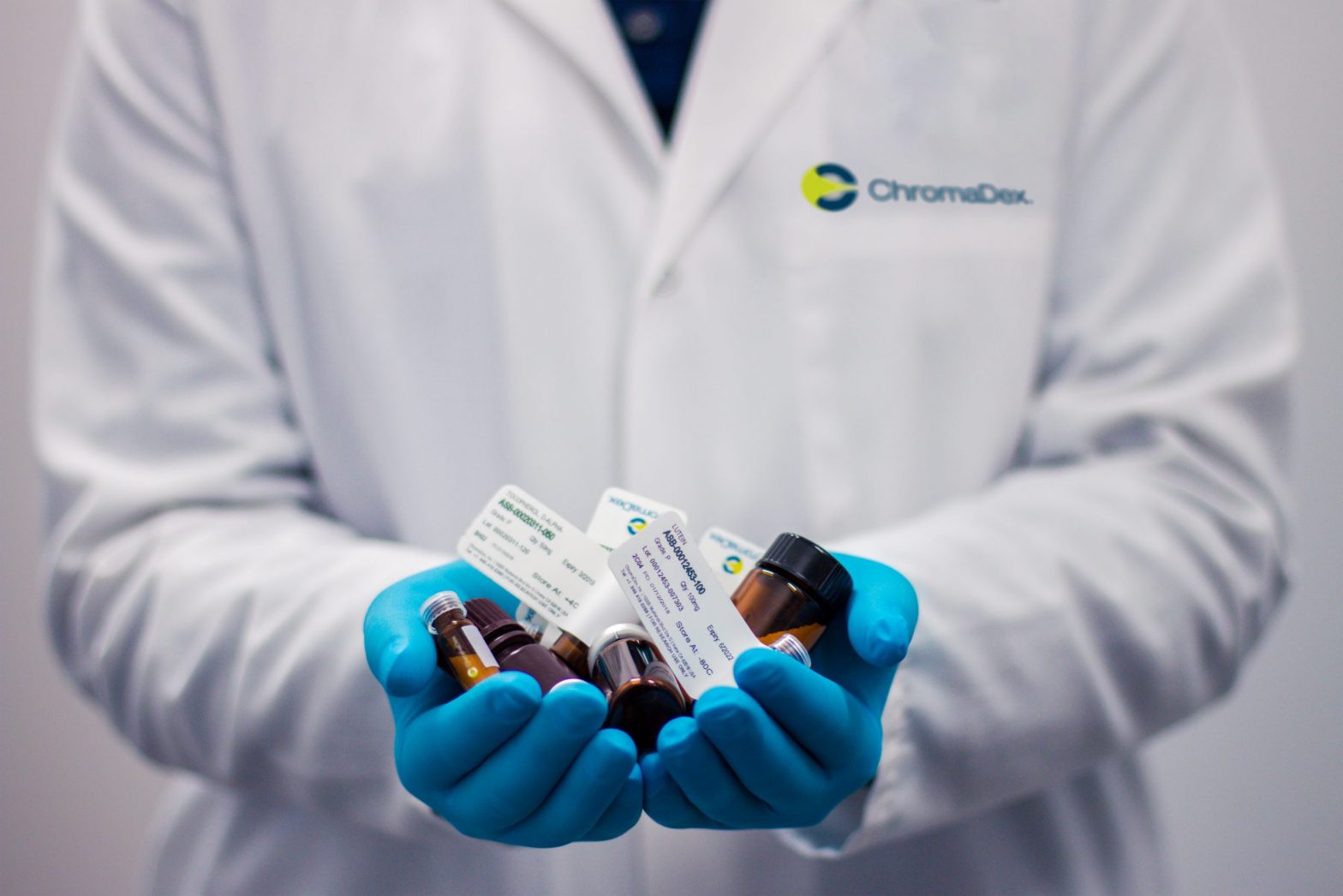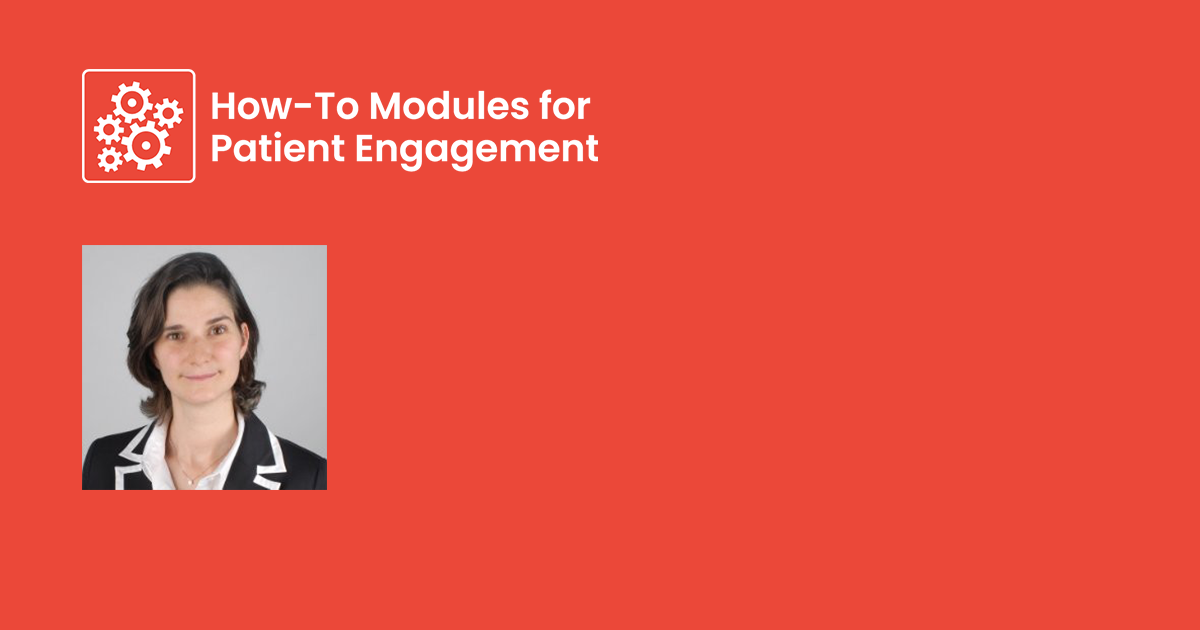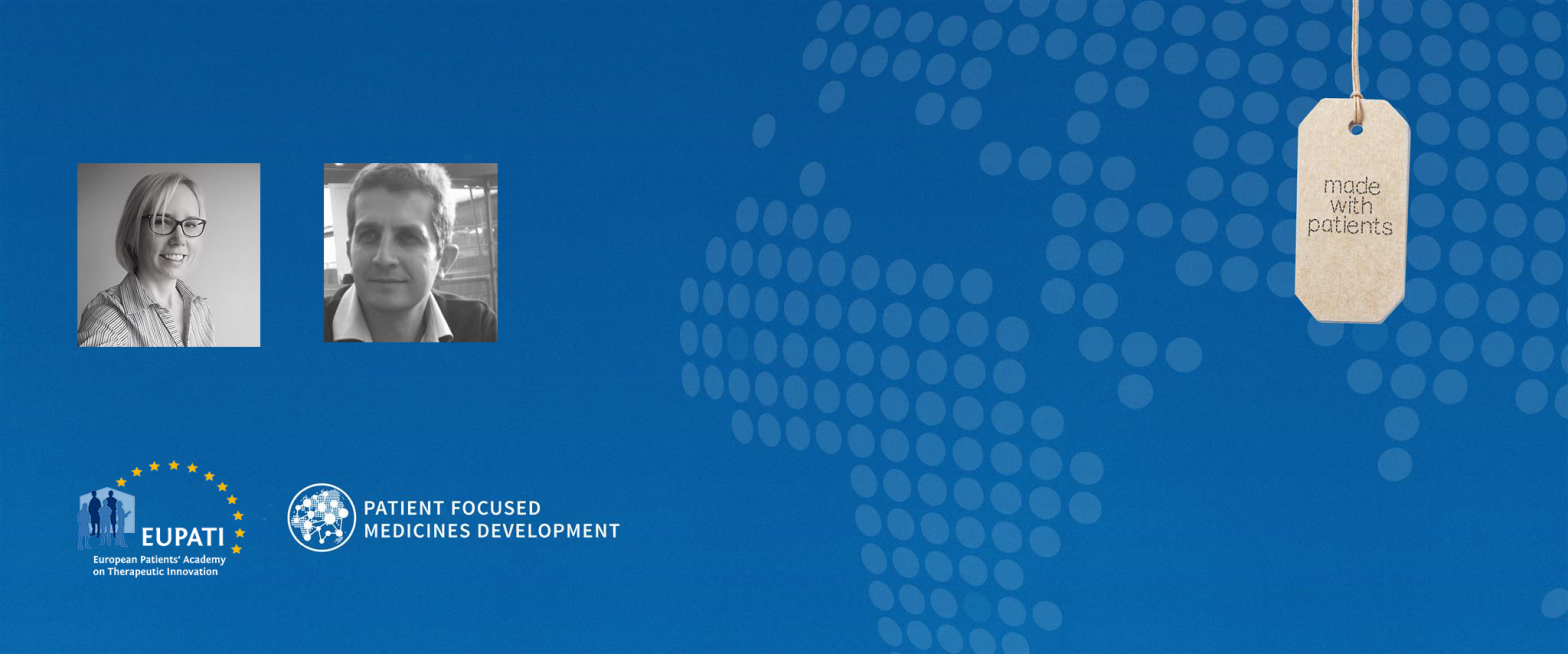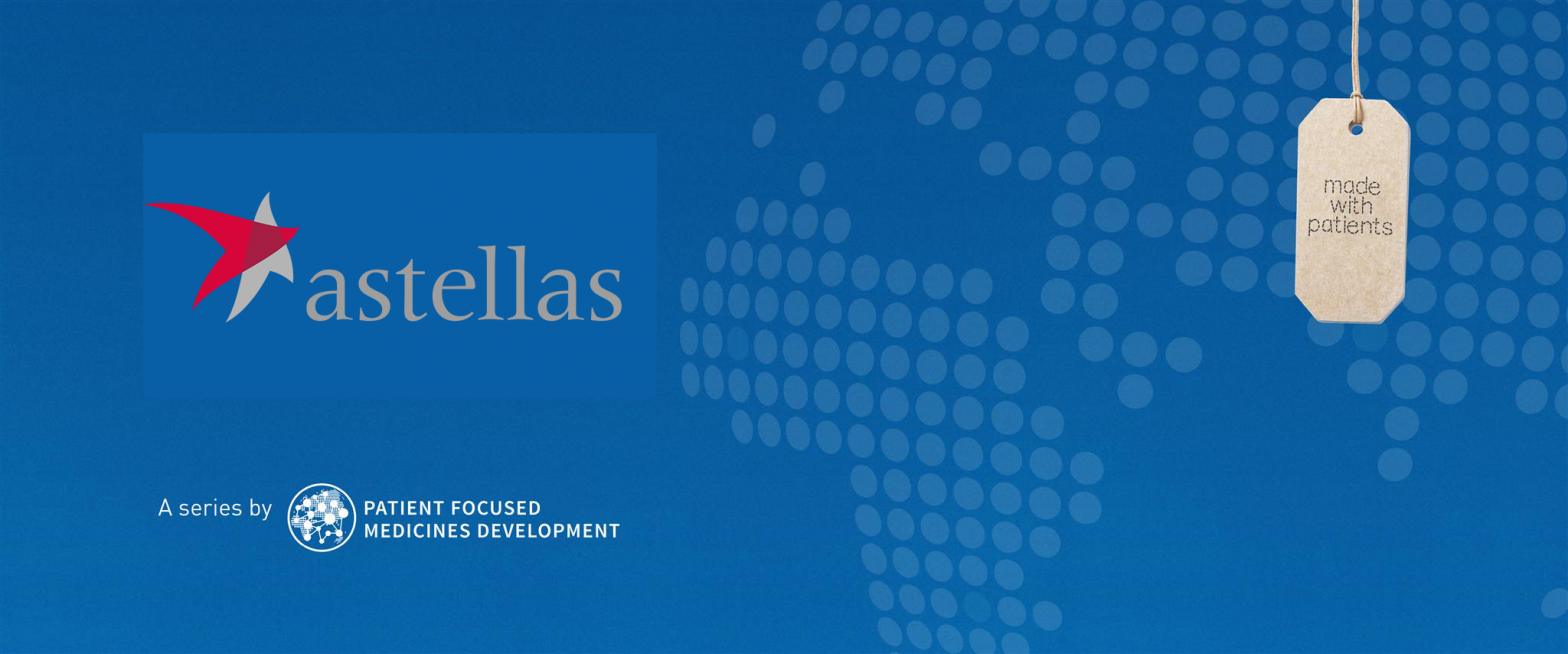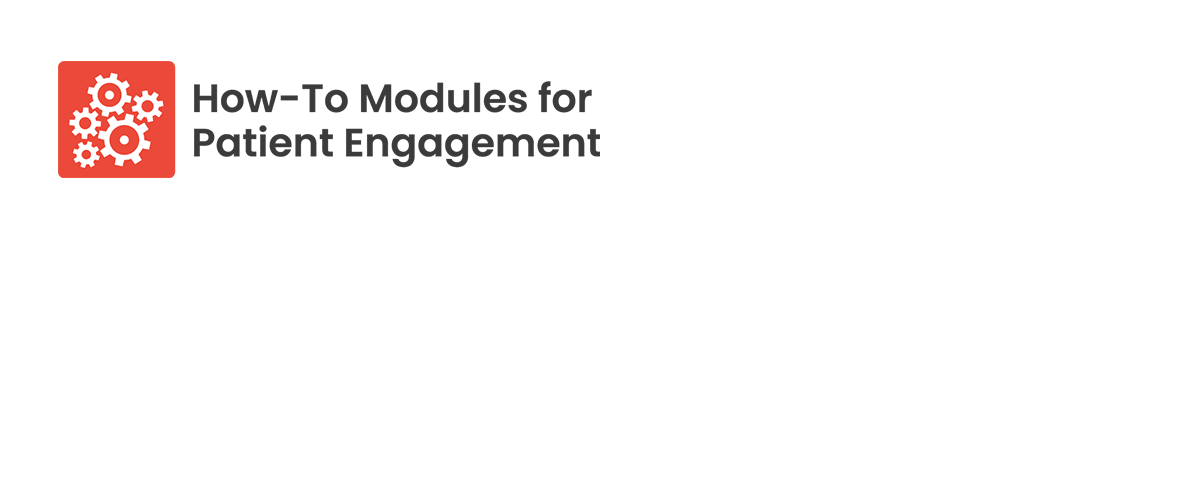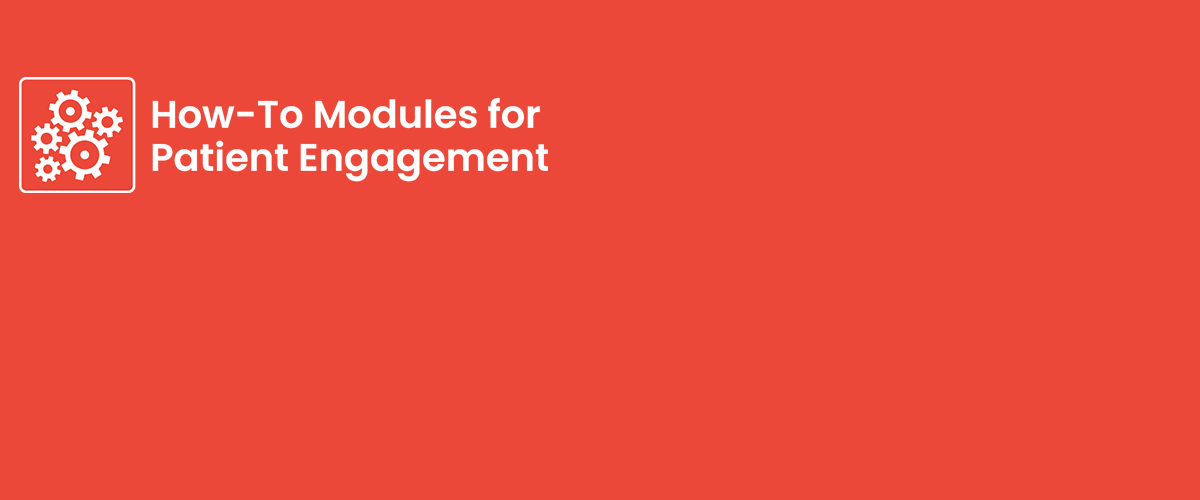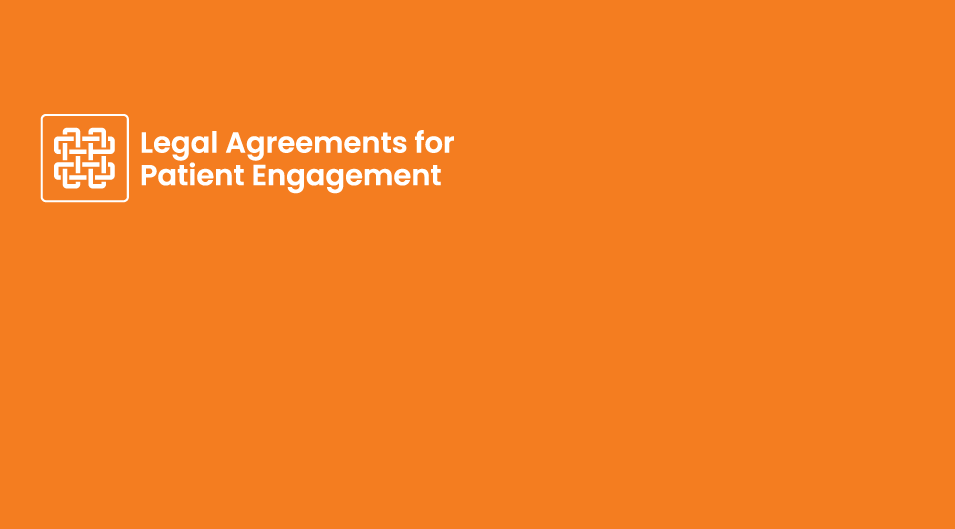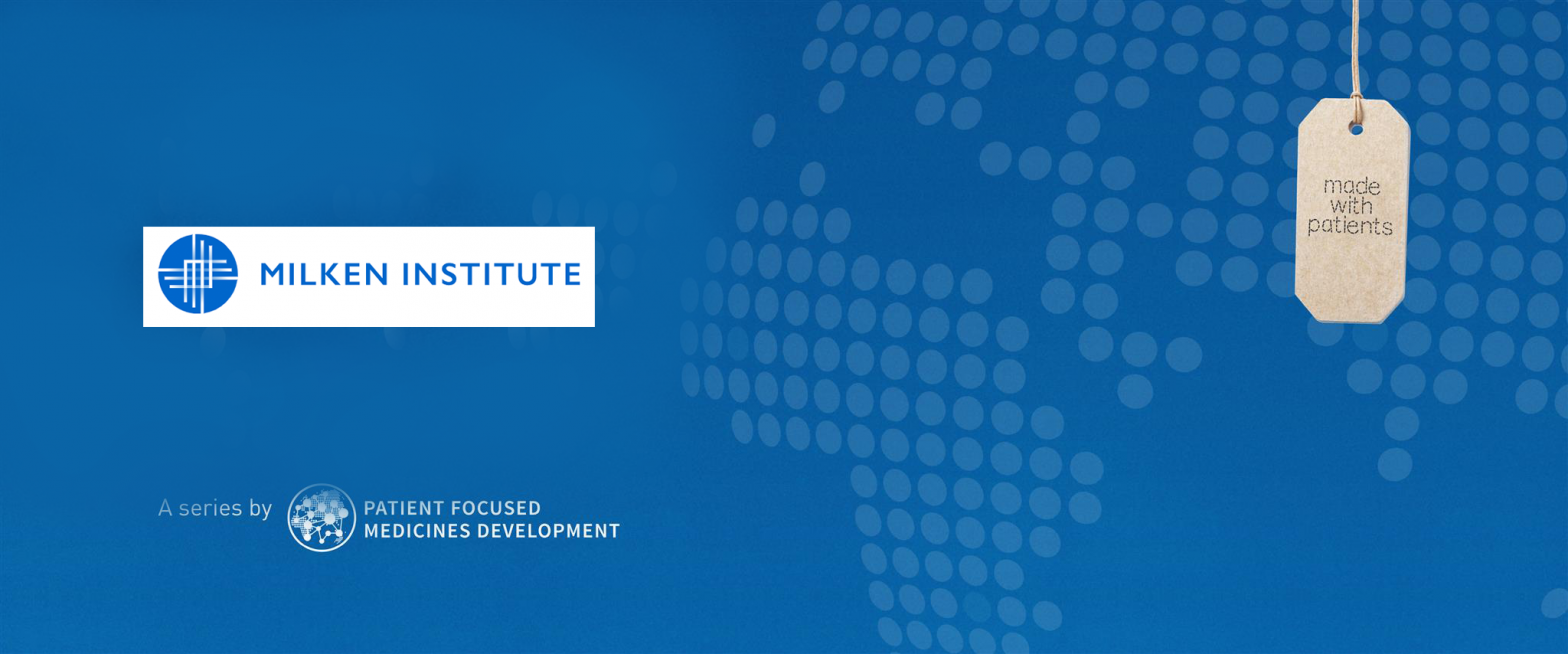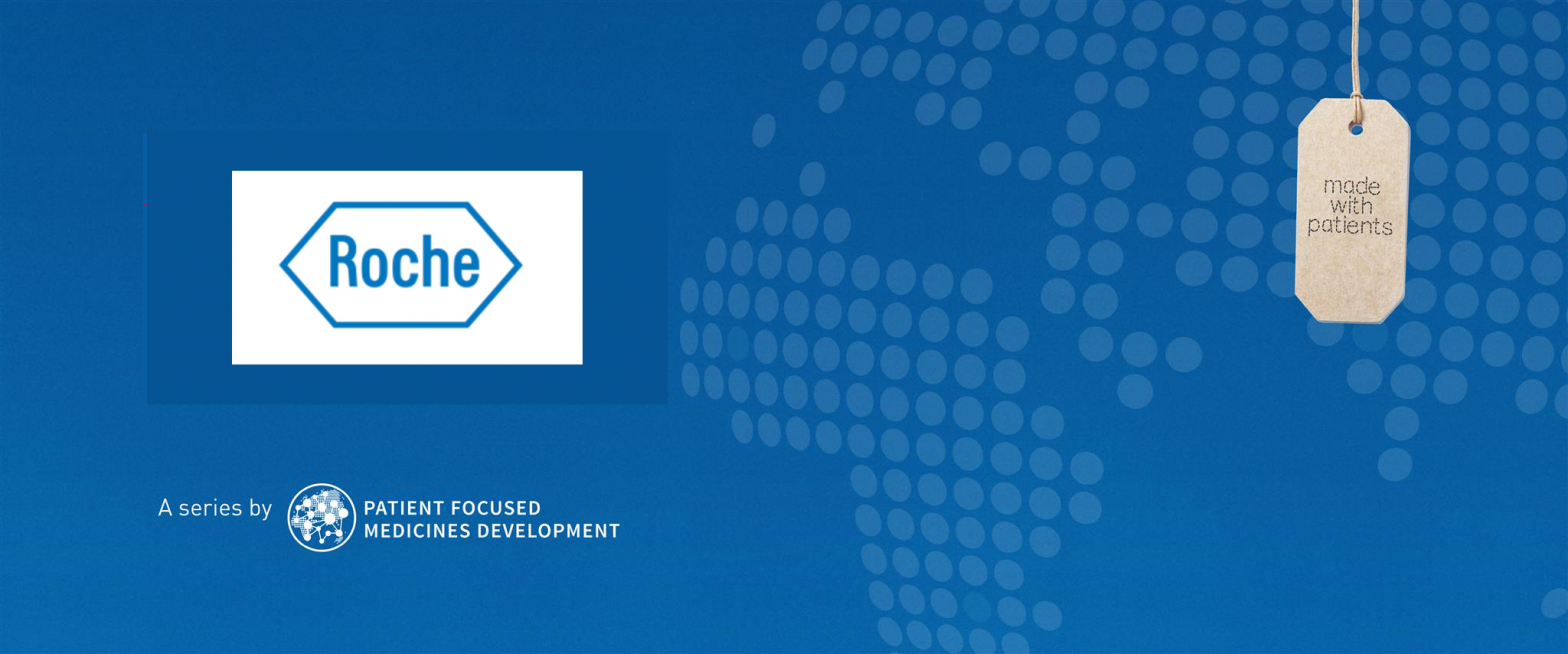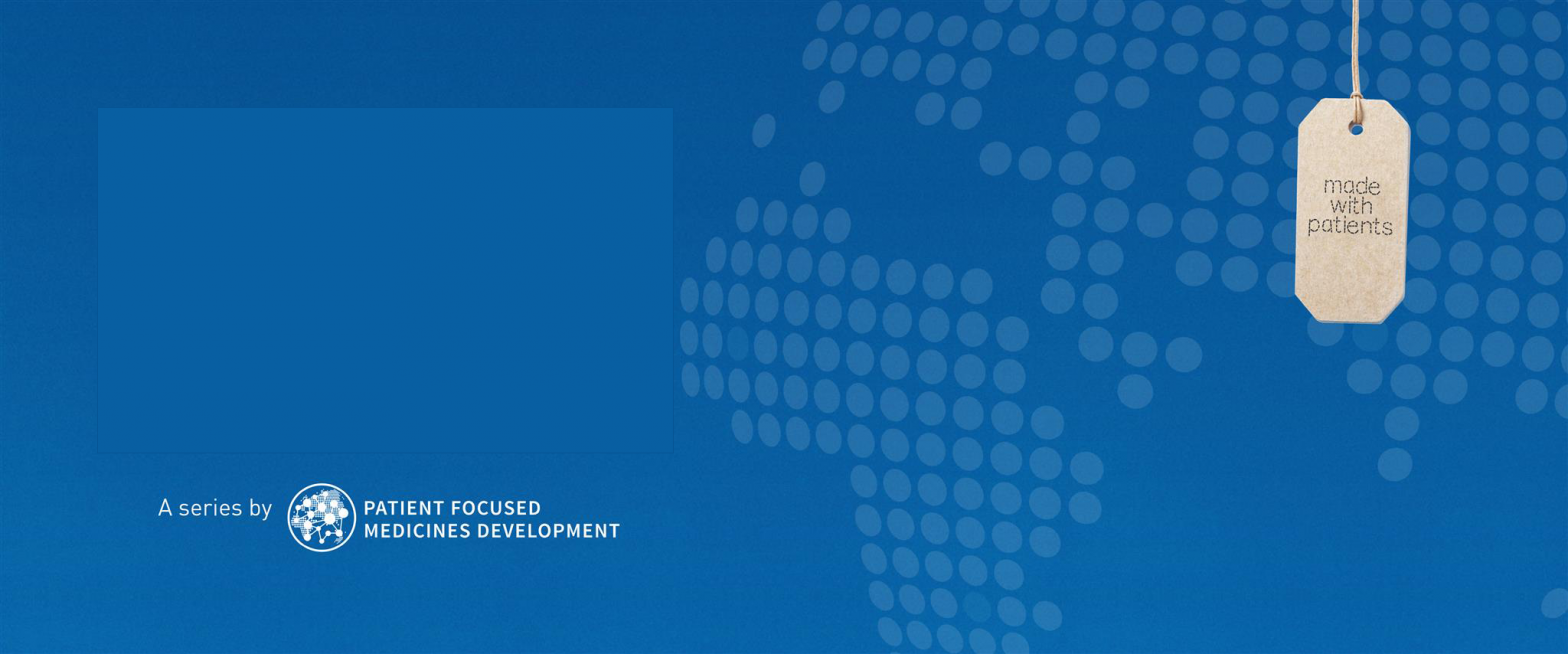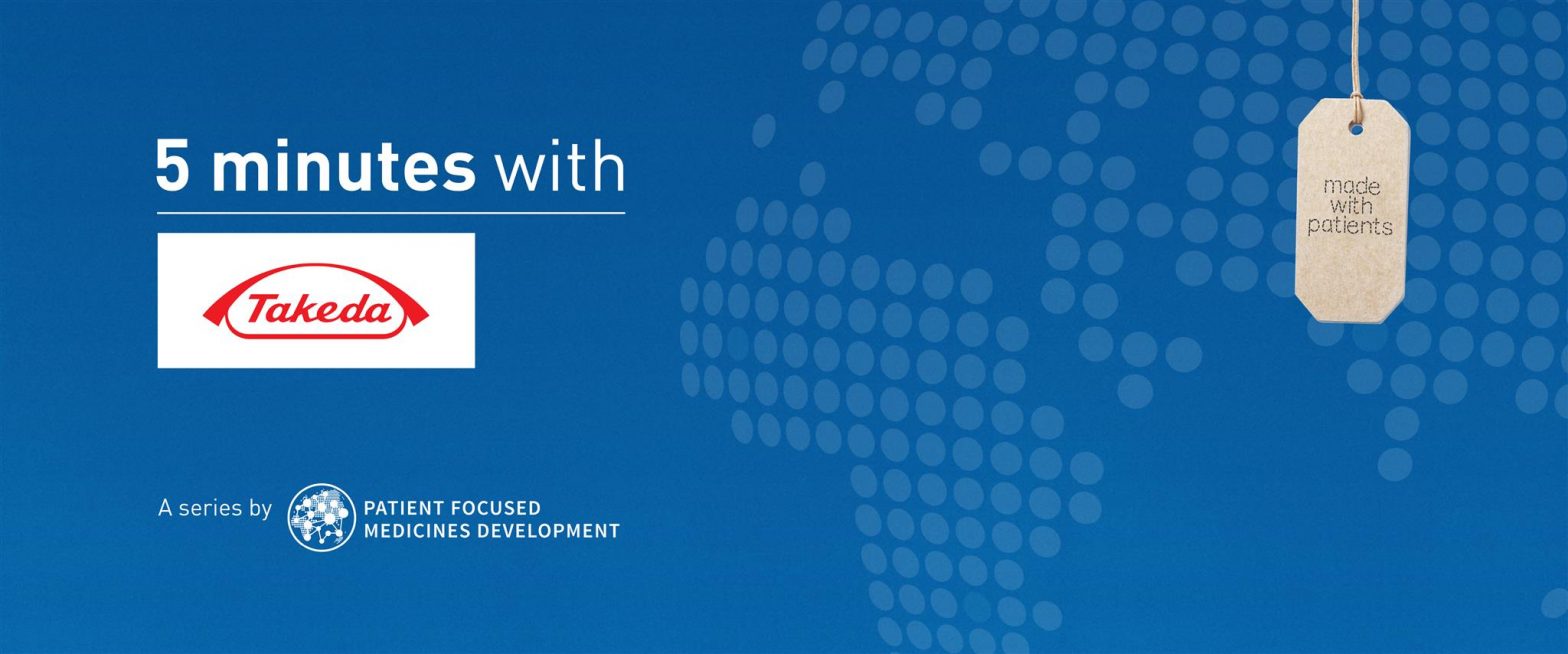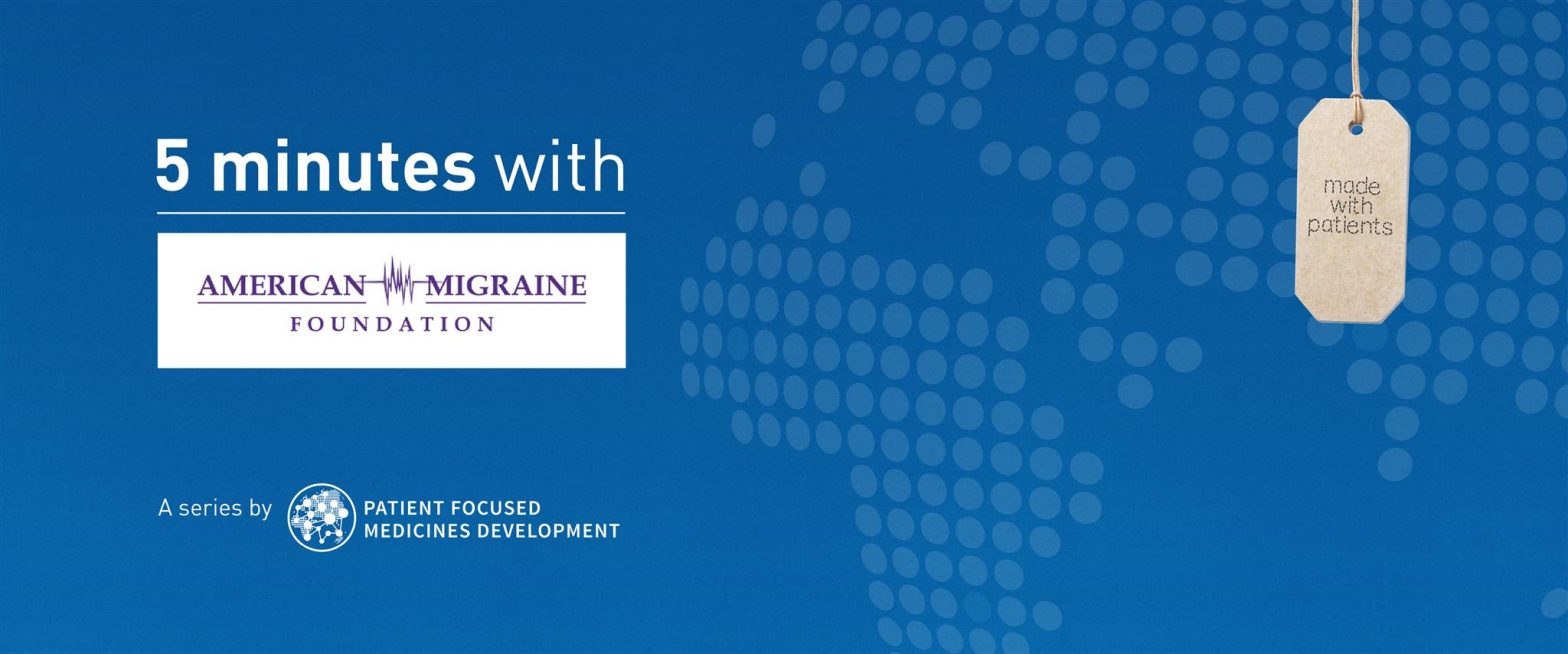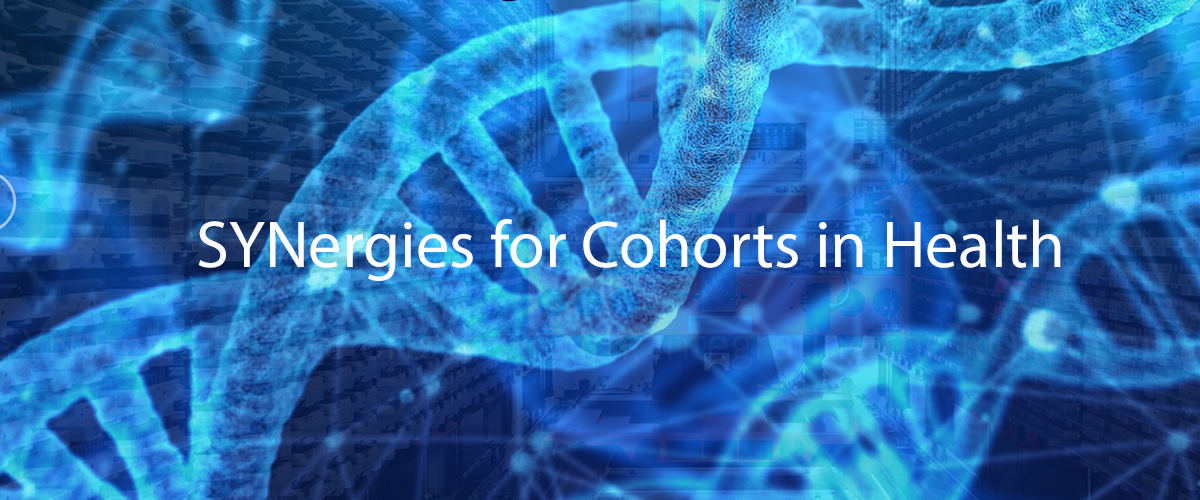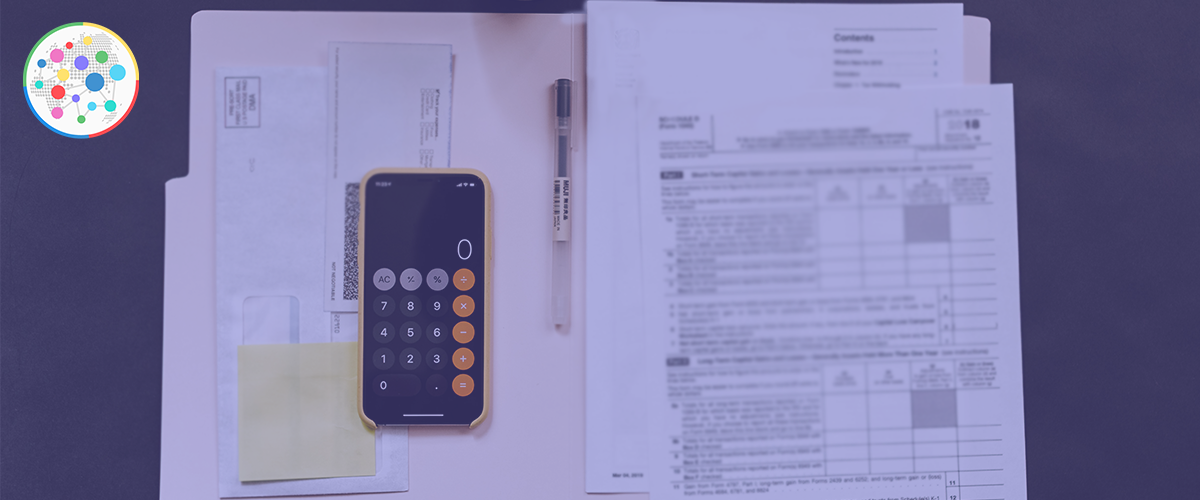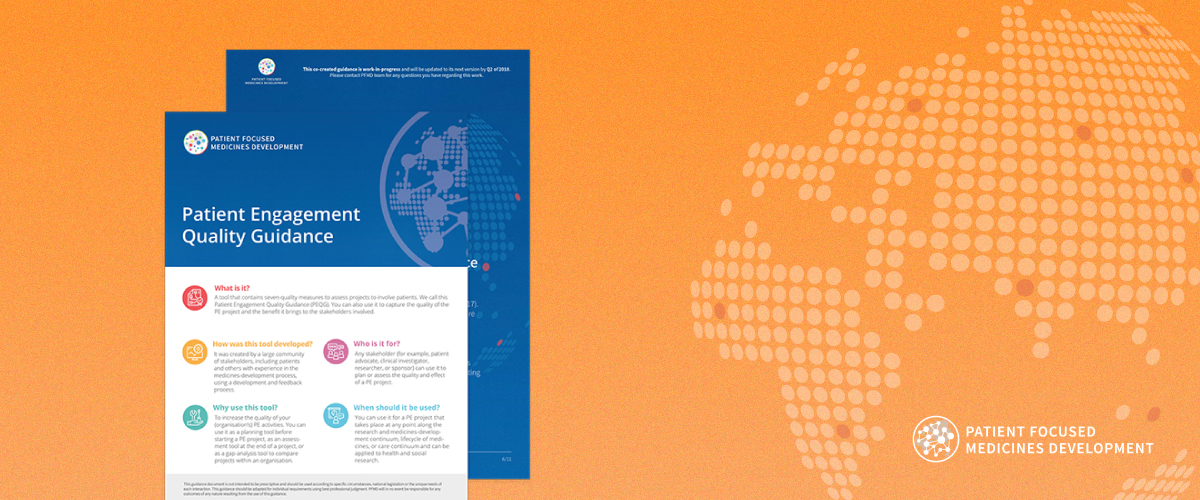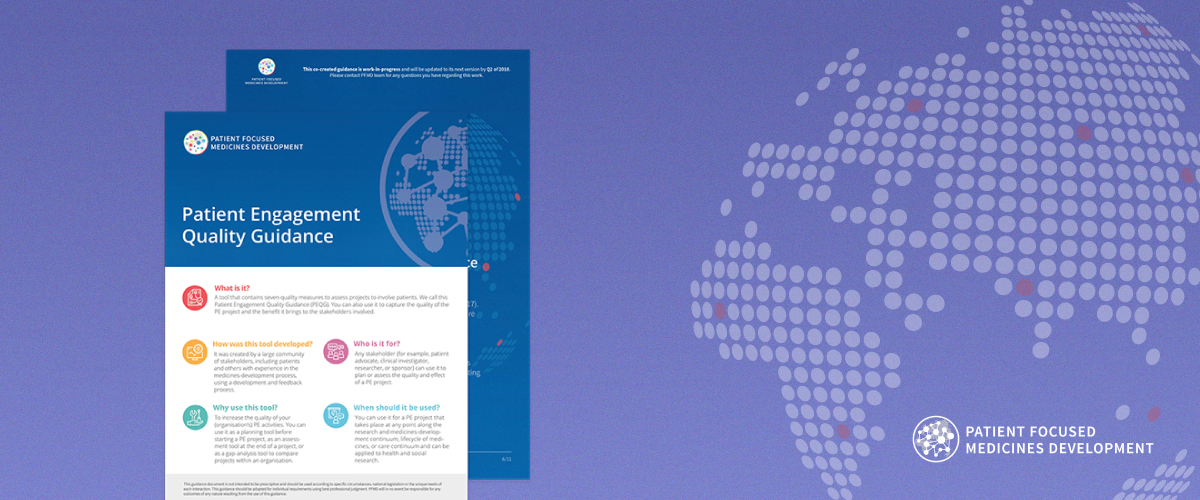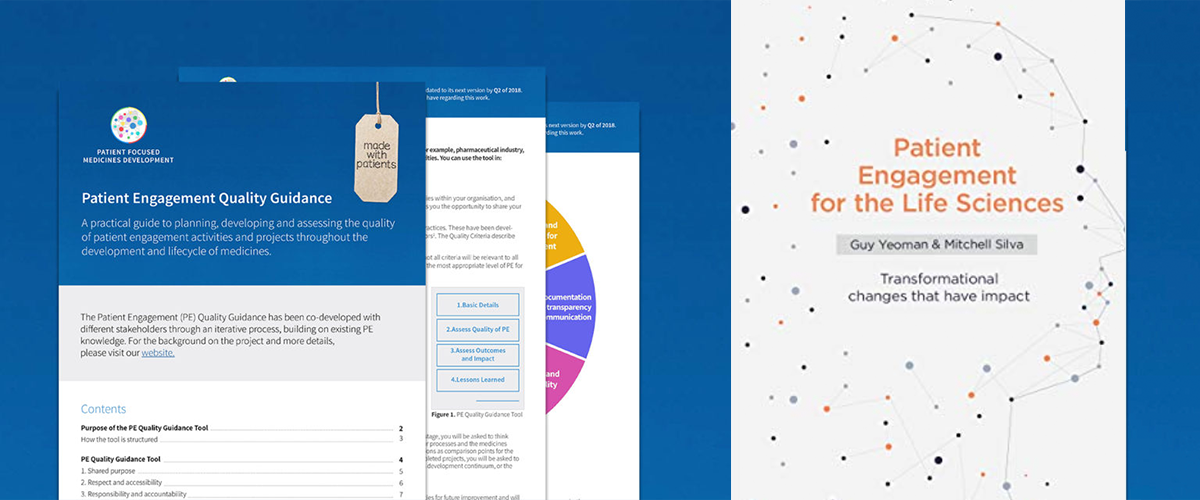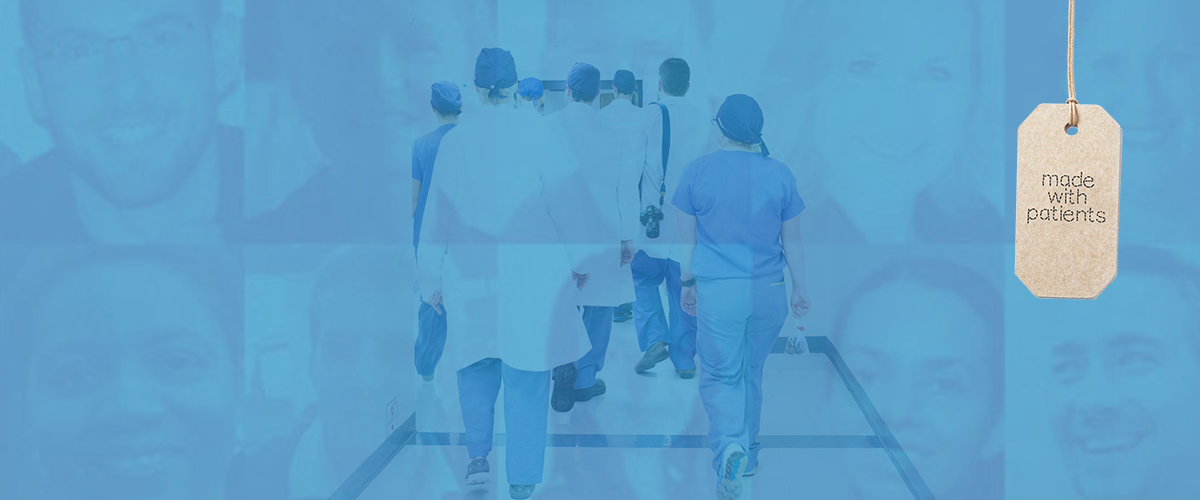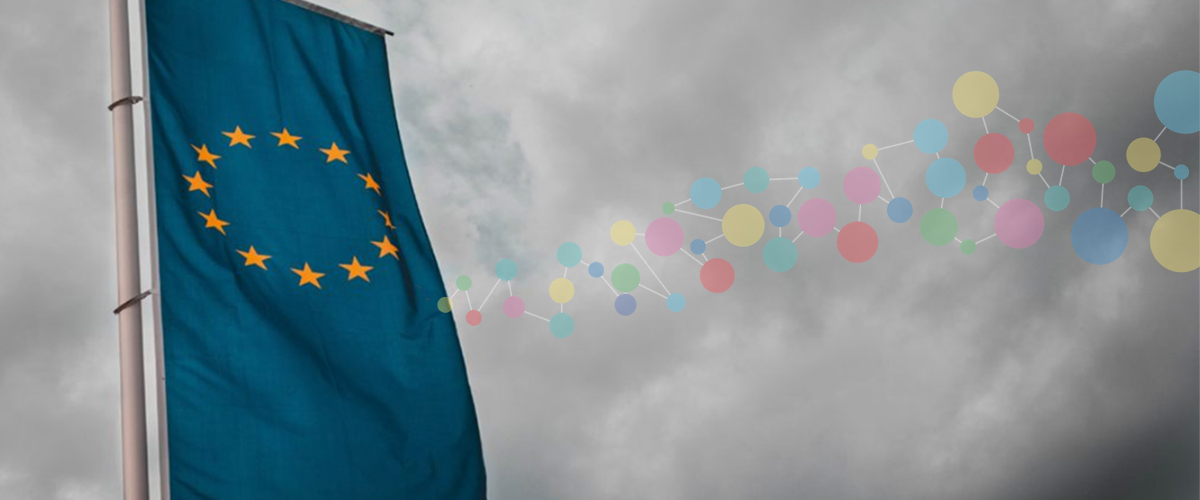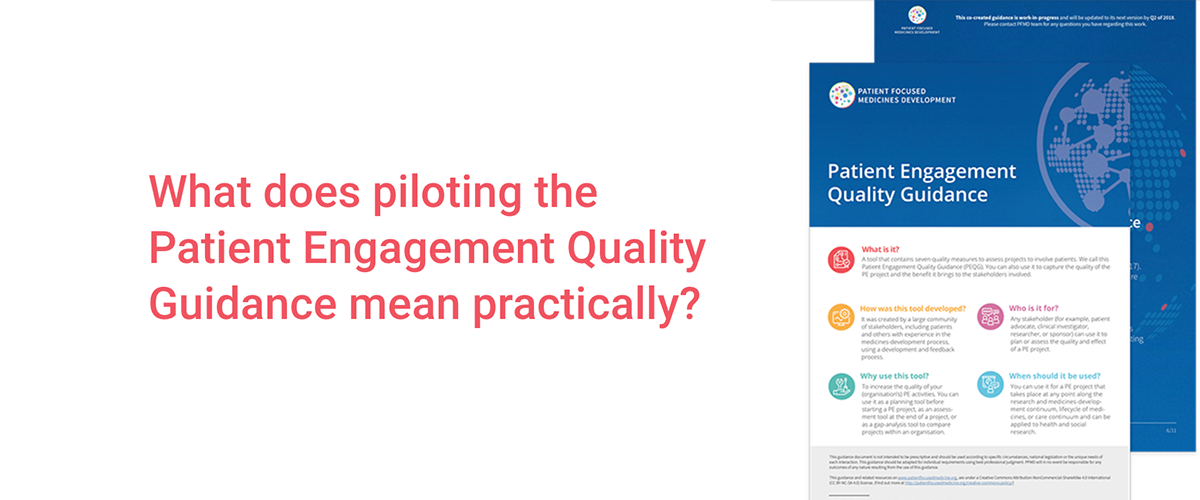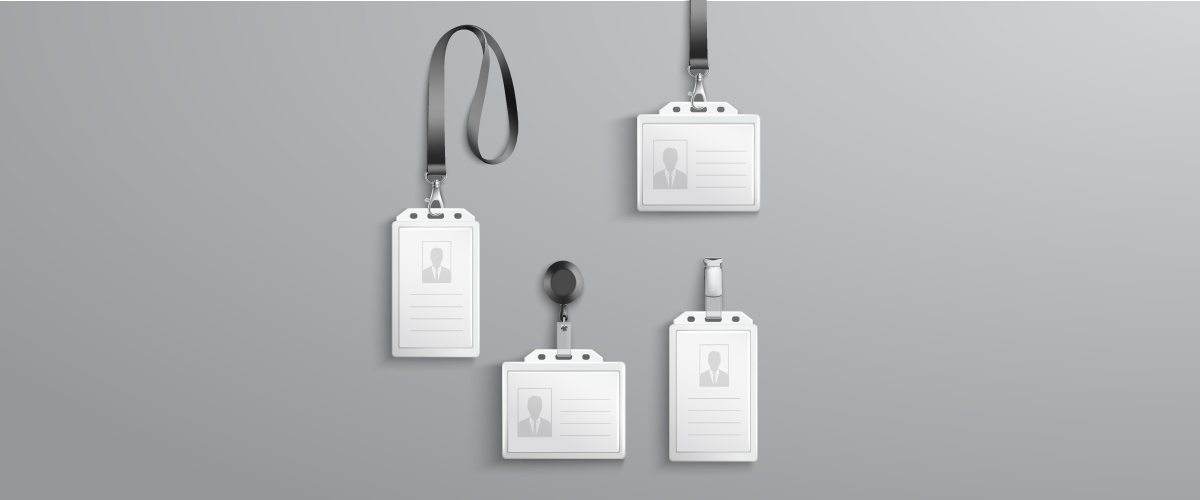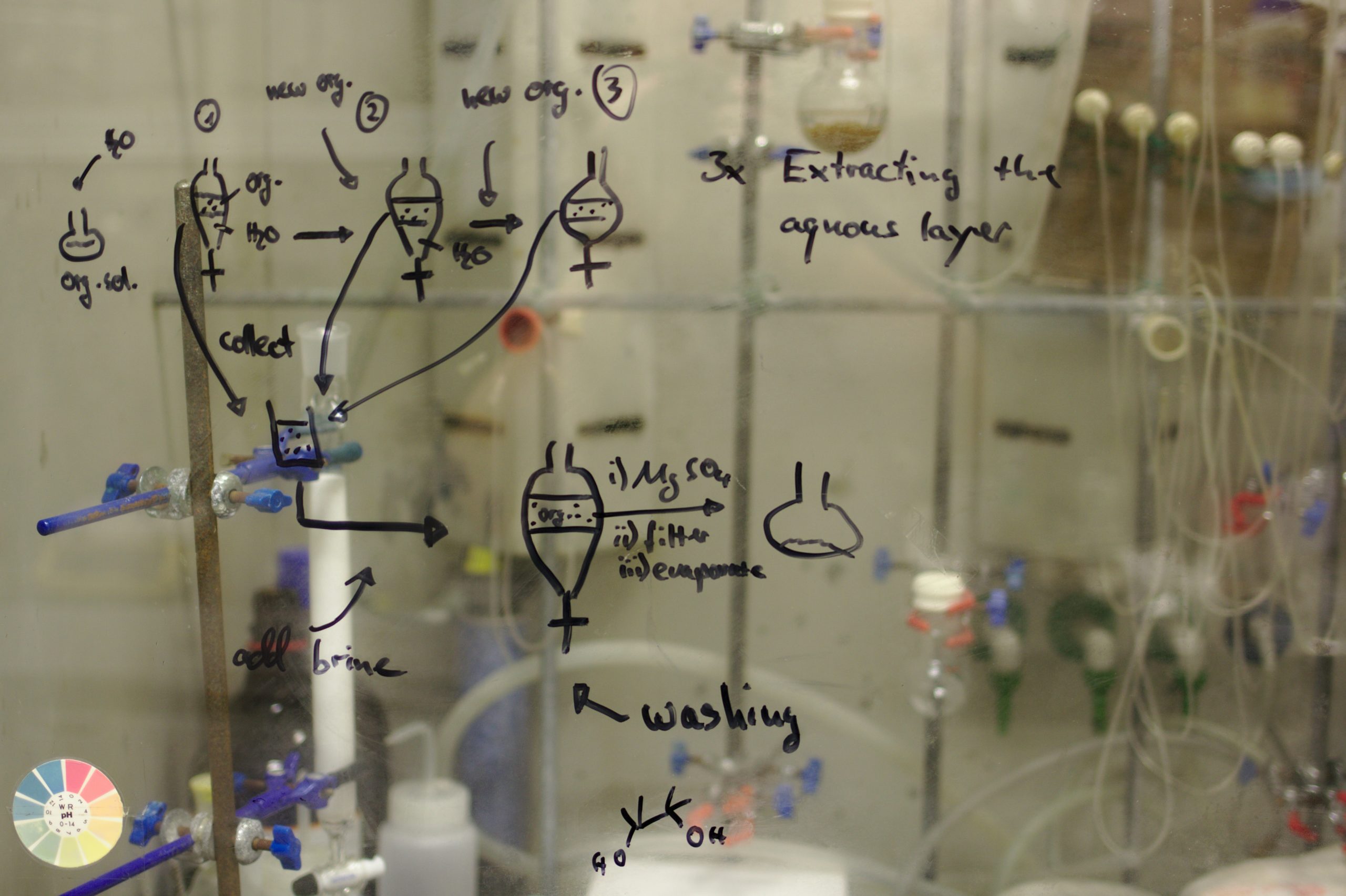Patients should be compensated for their contributions to public engagement activities. A new project aims to co-create global tools to enable ethical, transparent, fair interactions between the patient community and pharmaceutical companies
Radu Ganescu has been a patient advocate for more than 15 years. He is a rare example of a full-time professional who works tirelessly to advance healthcare on behalf of patients. Having founded the Romanian Association for People with Thalassaemia in 2005, he is now President of the COPAC (a Romanian patient coalition) and Treasurer of the European Patients’ Forum board.
Thanks to his wealth of experience and his knowledge of health systems and medical innovation, he is a regular speaker at conferences and workshops, a go-to guy when policymakers consult patient representatives, and an ideal interlocutor for companies working on the future of healthcare.
With a busy workload, plus countless unseen hours helping patients navigate the health system, holding down another job is impossible. The question is how these contributions should be valued and rewarded within a health system that strives to be patient-centred?
‘Patients add their expertise to conferences and workshops; they help to develop data or do awareness and advocacy work. This expertise has value,’ he says. ‘For many, the hours are long and, at the end of the day, we all have bills to pay. Like in other walks of life, people should be paid for their time ‒ nothing more, nothing less.’
Patient-centred medicine
With healthcare stakeholders increasingly conscious that patient and caregiver perspectives are distinct from those of health professionals or scientific societies, the need for this kind of patient input is on the rise. However, there are still too few people with the time, skills and commitment to contribute from the patient/carer perspective.
‘For me, it’s important to build capacity among patient representatives,’ says Mr Ganescu. ‘There is a real need for knowledgeable, professional patients to engage with authorities, industry, scientists and physicians. Given the demands on their time, it has to be a viable option for professional individuals and associations.’
In short, patients cannot be the only people in the room donating their time and expertise for free. The question is how companies can offer remuneration in a way that is clear, fair and protects against conflicts of interest.
A globally-recognised framework
To help overcome this challenge, Mr Ganescu is a member of the PFMD Steering Committee on Remuneration & Fair Market Value. This new project aims to co-create a respected, trusted process for remunerating the patient community for interacting with the industry through patient engagement activities. It will address the unmet need for globally recognised principles to ensure the system is governed by key values of transparency, fairness, equity and ethics.
‘We need tools that we can use worldwide,’ he says. ‘It should be easy for patients to understand and underpin collaborations between patients, caregivers, patients associations and industry partners.’
The initiative will build on existing tools, used by the European pharma industry, and the Patient Compensation Tools developed in the US by the National Health Council, as well as work conducted by WECAN.
‘It should be something that can be used whether you’re in Brussels, Beijing or Washington,’ said Mr Ganescu. ‘Universal approaches to remuneration and high standards of transparency benefit everyone.’
The work, which is now underway, will feature at the Patient Engagement Open Forum on 7 October 2021 where a public consultation on draft Global Principles on Fair Remuneration will be launched.



